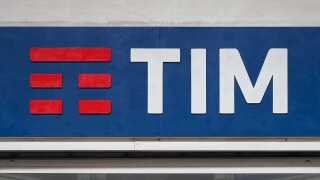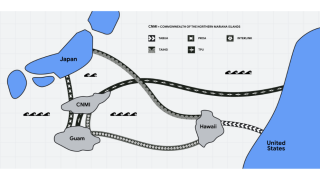The move has received a mixed reaction with the EU reporting that Deutsche Telekom and Spanish distributor Comercial Electro Industrial SA are among those opposed to its decision, while members of the Europacable association, welcomed it.
The new "anti-dumping duties", which take effect from today, will see varying tariffs applied to the cables ranging from 19.7% to 44% to counter the impact of Chinese manufacturers that undercut the price of cables manufactured in Europe.
The 44% duty will be applied to companies the EU says are controlled by the Chinese state: FiberHome Telecommunication Technologies Co. Ltd. and Nanjing Wasin Fujikura Optical Communication Ltd. Duties of 19.7% will be imposed on ZTT group companies, including Jiangsu Zhongtian Technology Co, with a duty of 31.2% applied to "other cooperating companies".
The inquiry was conducted by the European Commission (EC), the executive branch of the European Union, which is responsible for proposing legislation and enforcing laws. Its decision yesterday followed the first-ever dumping complaint, lodged by Europacable, an association that represents European producers including Prysmian SpA, Nexans SA and Leoni AG.
The group had previously flagged that Chinese imports jumped 150% between 2016 and 2019, taking some 15% of the EU's €1 billion fibre market. While the European Commission noted that fibre accounts for less than 5% of the deployment costs for 5G networks, it ruled in favour of the group.
Philippe Vanhille, EVP Telecom Division at Prysmian Group commented: “We welcome today’s European Commission’s decision and it is reassuring to see that Europe is able to strongly act against unfair practices. Fair competition must be ensured in the interest of our customers and stakeholders, to guarantee a sustainable availability of quality components for the construction of the European optical infrastructure.
“We believe it is fundamental to maintain high quality standards in the optical fibre segment, in order to ensure faster, more stable optical networks, cost-effective and environmentally-friendly installations with lower operating costs and an increased network lifespan. Only by doing this will we be able to guarantee that the integrity of the network infrastructure is secured, stability is increased across all bands, and possibilities are opened up for system evolution," Vanhille continued.









